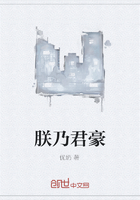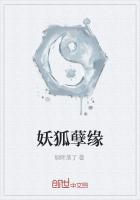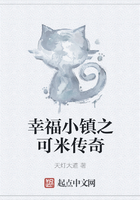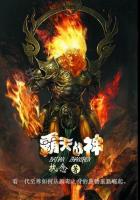Some of the convicts--indeed, a good many of them--were very bad people, even for that day; but the most of them were probably not noticeably worse than the average of the people they left behind them at home. We must believe this; we cannot avoid it. We are obliged to believe that a nation that could look on, unmoved, and see starving or freezing women hanged for stealing twenty-six cents' worth of bacon or rags, and boys snatched from their mothers, and men from their families, and sent to the other side of the world for long terms of years for similar trifling offenses, was a nation to whom the term "civilized" could not in any large way be applied. And we must also believe that a nation that knew, during more than forty years, what was happening to those exiles and was still content with it, was not advancing in any showy way toward a higher grade of civilization.
If we look into the characters and conduct of the officers and gentlemen who had charge of the convicts and attended to their backs and stomachs, we must grant again that as between the convict and his masters, and between both and the nation at home, there was a quite noticeable monotony of sameness.
Four years had gone by, and many convicts had come. Respectable settlers were beginning to arrive. These two classes of colonists had to be protected, in case of trouble among themselves or with the natives. It is proper to mention the natives, though they could hardly count they were so scarce. At a time when they had not as yet begun to be much disturbed--not as yet being in the way--it was estimated that in New South Wales there was but one native to 45,000 acres of territory.
People had to be protected. Officers of the regular army did not want this service--away off there where neither honor nor distinction was to be gained. So England recruited and officered a kind of militia force of 1,000 uniformed civilians called the "New South Wales Corps" and shipped it.
This was the worst blow of all. The colony fairly staggered under it.
The Corps was an object-lesson of the moral condition of England outside of the jails. The colonists trembled. It was feared that next there would be an importation of the nobility.
In those early days the colony was non-supporting. All the necessaries of life--food, clothing, and all--were sent out from England, and kept in great government store-houses, and given to the convicts and sold to the settlers--sold at a trifling advance upon cost. The Corps saw its opportunity. Its officers went into commerce, and in a most lawless way.
They went to importing rum, and also to manufacturing it in private stills, in defiance of the government's commands and protests. They leagued themselves together and ruled the market; they boycotted the government and the other dealers; they established a close monopoly and kept it strictly in their own hands. When a vessel arrived with spirits, they allowed nobody to buy but themselves, and they forced the owner to sell to them at a price named by themselves--and it was always low enough. They bought rum at an average of two dollars a gallon and sold it at an average of ten. They made rum the currency of the country--for there was little or no money--and they maintained their devastating hold and kept the colony under their heel for eighteen or twenty years before they were finally conquered and routed by the government.
Meantime, they had spread intemperance everywhere. And they had squeezed farm after farm out of the settlers hands for rum, and thus had bountifully enriched themselves. When a farmer was caught in the last agonies of thirst they took advantage of him and sweated him for a drink.
In one instance they sold a man a gallon of rum worth two dollars for a piece of property which was sold some years later for $100,000.
When the colony was about eighteen or twenty years old it was discovered that the land was specially fitted for the wool-culture. Prosperity followed, commerce with the world began, by and by rich mines of the noble metals were opened, immigrants flowed in, capital likewise. The result is the great and wealthy and enlightened commonwealth of New South Wales.
It is a country that is rich in mines, wool ranches, trams, railways, steamship lines, schools, newspapers, botanical gardens, art galleries, libraries, museums, hospitals, learned societies; it is the hospitable home of every species of culture and of every species of material enterprise, and there is a, church at every man's door, and a race-track over the way.















